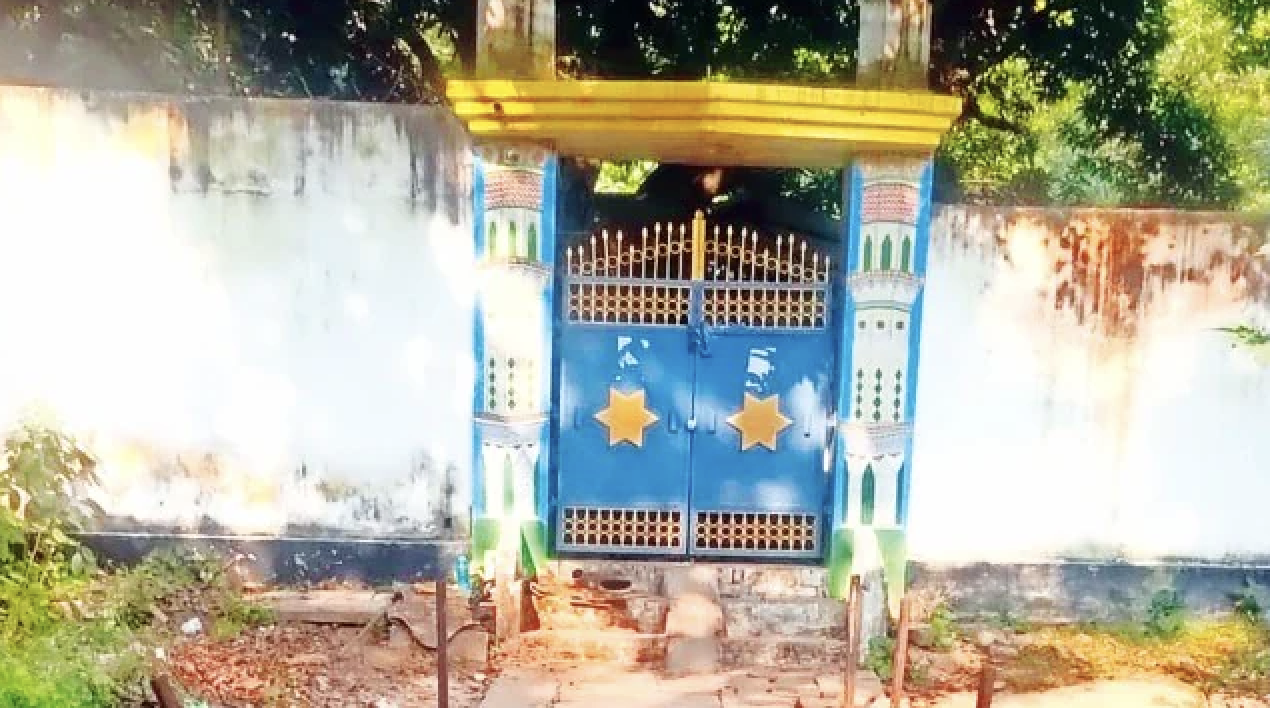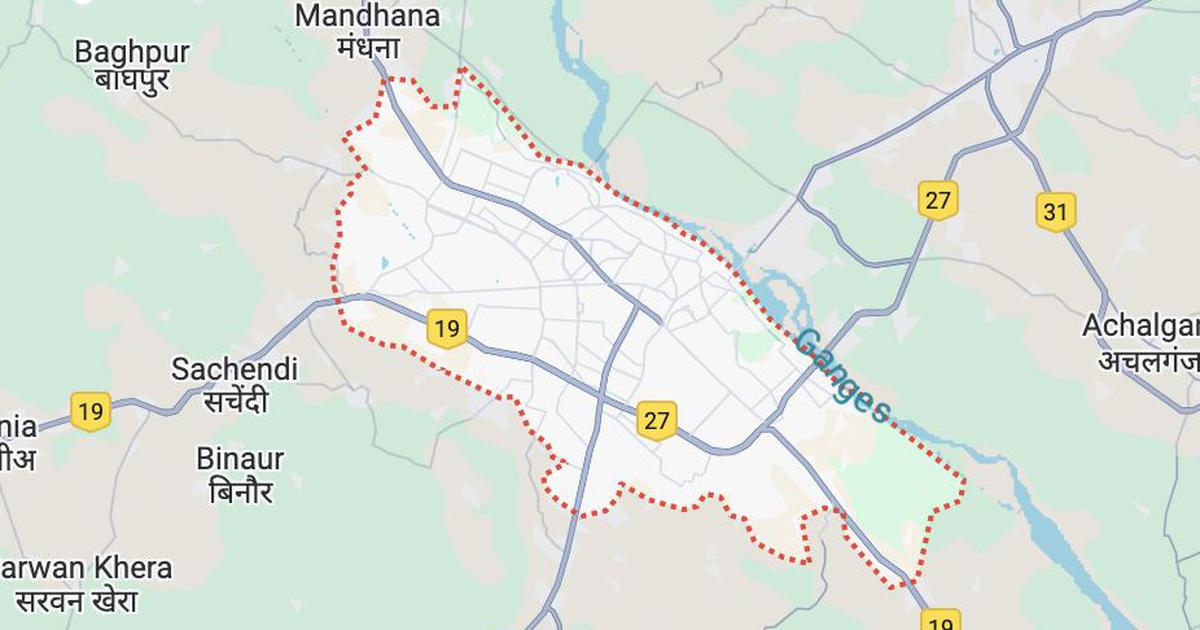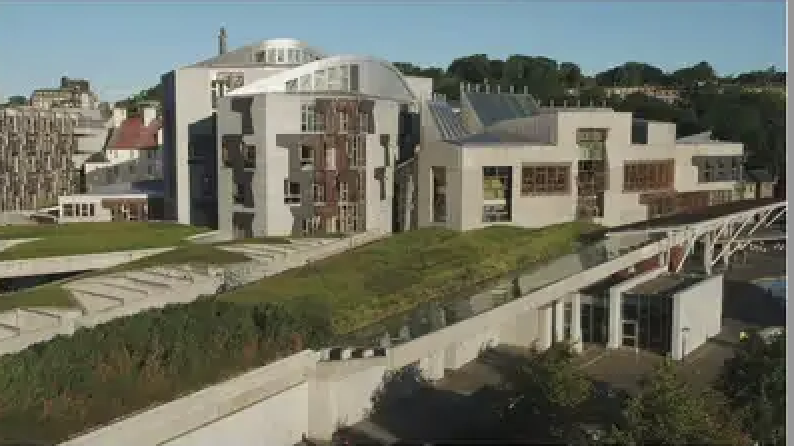
By Manish Sahu
On November 29, as people turned up for their usual Friday prayers at the mosque on the premises of Udai Pratap College (also known as UP College), they were met by protesting students. On December 4, the students again gathered at the gate to recite the Hanuman Chalisa.
The protests, which came amid the violence over the Sambhal mosque and at a time when a string of suits seeking surveys of mosques and dargahs have rekindled a debate across the country, put the spotlight on the little-known mosque that’s nearly 10 km from the district headquarters. The mosque has been shut since the protests last week, with two locks on the gates. The imam of the mosque, Ghulam Rasool, has been lying low since the principal filed a case against him following the November 29 protests. Masjid authorities said they were waiting for directives from the administration and police to resume prayers. A heavy police force has been deployed at the masjid gates and outside the main gate of the college. Access to the campus is strictly regulated and only those with valid college identity cards are being allowed in.
The district administration and the police have said that since the land on which the masjid is built is recorded as UP College property in the revenue records, there’s little they can do to intervene in the matter. The UP Sunni Central Waqf Board too has clarified that the land does not fall under Waqf property.
District Magistrate S Rajalingam said, “The entire land is recorded as UP College property in the revenue records, indicating it is private land. There is no mention of the masjid in the revenue records.”
The masjid authorities, however, refuted that the land on which the masjid is built belongs to the UP College. They stated that they are currently gathering documentation related to the land’s ownership and claim that the masjid is one of two built by the “nawab of Tonk” in Varanasi around the mid-19th century.
This story was originally published in indianexpress.com. Read the full story here.






